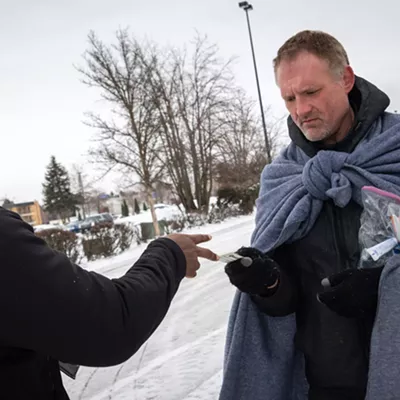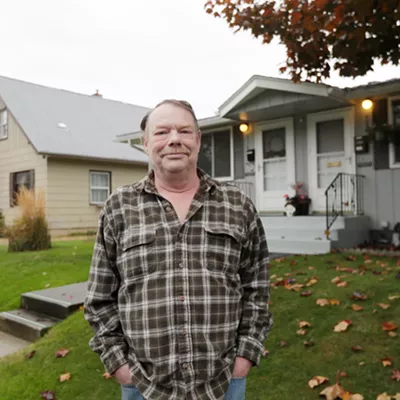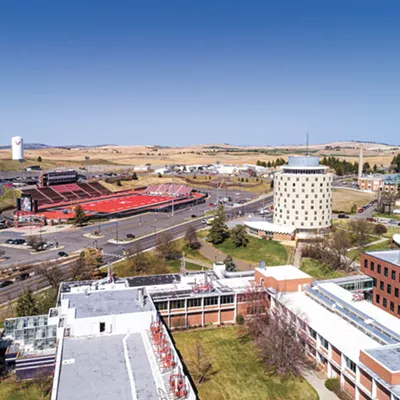How many pieces of land remain unused each year because the owner either doesn't want to find out if their property is polluted — and therefore a liability that could be impossible to sell — or can't afford to clean up what they already know is there?
Leaders with the Spokane Low Income Housing Consortium hope to help answer those scary unknowns for some owners and clear the way for new housing with a $500,000 grant from the Environmental Protection Agency's Brownfields program.
Brownfields are typically places where there used to be an industry or business that could have contaminated the land, from an auto body shop that used to dump oil out back to major manufacturing.
The key is finding out whether the land is contaminated, and if it is, figuring out how to clean it up, both of which the federal brownfields technical assistance grants can help with.
Once the cleanup is done, big things can happen. One of Spokane's most visible examples is Kendall Yards, which was once a polluted railyard and now boasts dozens of businesses and hundreds of apartments and condos.
The grant was part of more than $4.5 million awarded around Washington state in late May, including $768,000 for the Confederated Tribes of the Colville Reservation and $500,000 for the Port of Whitman County.
The housing consortium's grant will allow the nonprofit to work with property owners in Northeast Spokane, as well as the West Central and East Central neighborhoods, to conduct testing and plan for cleanups where needed. The consortium is made of more than 30 nonprofit and public sector members that work to promote affordable housing.
Ben Stuckart, the consortium's executive director and former Spokane City Council president, says they chose those areas because they each have community organizations that are already working to promote affordable housing.
"We thought it would be best to go in and offer our support versus trying to jumpstart something on our own," Stuckart says.
Because the housing consortium has created a land bank, landowners who learn they have a liability on their hands could transfer ownership to the nonprofit, Stuckart says.
"If I buy a property and I don't do my due diligence on that property and I find out it's dirty later, I'm not eligible for cleanup funds from [the Washington state Department of] Ecology or the EPA," Stuckart says.
But with testing done, the land bank could be eligible for more cleanup money from the state and federal government that could help prepare the land for development, Stuckart says.
Still, not every property needs to go through the land bank's hands, he says. Some owners could agree to pursue low income housing in exchange for the free cleanup help.
"This brownfield thing is great because I can go in with the land bank's EPA grant and clean their land up, and sign an agreement to get that process rolling," Stuckart says. "Anything we can clean up and get to housing will be a win." ♦


























